Tampa's HVAC Services | License #: CAC1818057A
Plumbing License | License #: CFC1433906
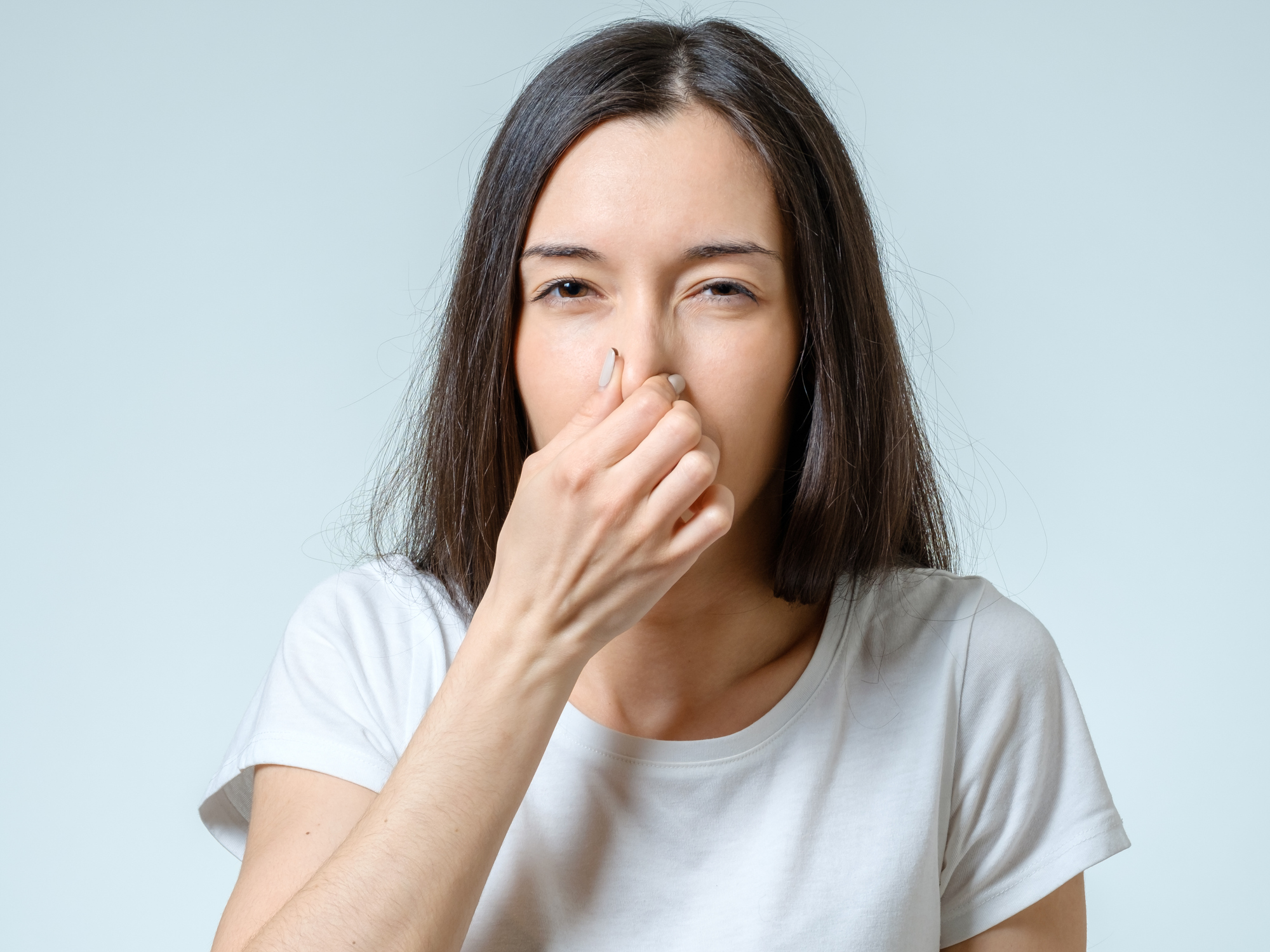
Why Does My Bathroom Smell Like Sewage?
Few things are more unpleasant than walking into your bathroom and being greeted by the foul stench of sewage. This pervasive odor can be distressing and embarrassing, especially when you have guests. Understanding the reasons behind a sewage smell in the bathroom and knowing how to tackle the issue can save you from discomfort and potential health hazards. In this blog post, we will explore the common causes of sewage odors in bathrooms and provide practical solutions to eliminate them.
Common Causes of Sewage Smells in Bathrooms
Dry P-Trap
The P-trap is a U-shaped pipe beneath sinks, showers, and tubs that traps water and prevents sewer gasses from entering your home. If a fixture hasn’t been used for a while, the water in the P-trap can evaporate, allowing sewer gas to escape. This is a common reason why your bathroom might smell like sewage.
Solution: To fix a dry P-trap, simply run water into the affected drain for a few minutes to refill the trap. For infrequently used fixtures, consider pouring a small amount of mineral oil into the drain to slow evaporation.
Clogged Drains
A clogged drain can lead to stagnant water and a buildup of waste materials, creating a breeding ground for bacteria that produce foul odors. If your bathroom sink smells like sewage, a clogged drain could be the culprit.
Solution: Use a plunger or a drain snake to clear minor clogs. For more severe blockages, you might need to use a chemical drain cleaner or call a professional plumber.
Broken or Leaking Sewer Line
A damaged or leaking sewer line can allow sewer gasses to seep into your home. This issue is often accompanied by other signs, such as slow drains, gurgling noises from pipes, or multiple fixtures backing up simultaneously.
Solution: If you suspect a broken sewer line, it’s crucial to contact a professional plumber immediately. They can inspect your sewer line using specialized equipment and perform necessary repairs.
Vent Pipe Issues
Vent pipes are designed to allow sewer gasses to escape outside your home. If a vent pipe is blocked or improperly installed, sewer gas can be forced back into your bathroom, causing a sewage smell.
Solution: Inspect the vent pipes for blockages, such as bird nests or debris, and clear them if possible. If the issue persists, a plumber may need to check for proper installation and venting.
Worn-Out Toilet Wax Ring
The wax ring seals the base of your toilet to the drain pipe, preventing sewer gas from leaking into your bathroom. Over time, the wax ring can wear out or become damaged, leading to a sewage smell in the bathroom.
Solution: Replacing a worn-out wax ring requires removing the toilet, which can be a challenging task. It’s often best to hire a professional plumber to ensure the job is done correctly.
Biofilm Buildup
Biofilm is a slimy layer of bacteria that can accumulate in drains, particularly in the bathroom sink. As the bacteria multiply, they can produce unpleasant odors resembling sewage.
Solution: Clean the drain with a mixture of baking soda and vinegar, followed by hot water. Regularly cleaning your drains can prevent biofilm buildup.
Preventive Measures
To keep your bathroom smelling fresh and avoid sewage odors, follow these preventive tips:
- Regular Cleaning: Clean your bathroom fixtures and drains regularly to prevent the buildup of bacteria and debris.
- Use Drain Covers: Install drain covers to catch hair and other debris before they enter the pipes.
- Maintain P-Traps: Periodically run water in all your fixtures, especially those that are used infrequently.
- Inspect Plumbing: Regularly check for signs of leaks, cracks, or other plumbing issues and address them promptly.
When to Call a Professional
While some sewage smells can be resolved with DIY solutions, certain issues require the expertise of a professional plumber. If you experience any of the following, it’s time to call in the pros:
- Persistent sewage smell despite your efforts to eliminate it
- Multiple fixtures experiencing drainage issues simultaneously
- Visible leaks or water damage near plumbing fixtures
- Gurgling noises from pipes
- Frequent toilet backups
Conclusion
Dealing with a sewage smell in your bathroom can be frustrating, but understanding the common causes and solutions can help you address the issue effectively. Whether it’s a dry P-trap, a clogged drain, or a more serious plumbing problem, taking swift action can restore your bathroom to a fresh and pleasant environment.
If you’re struggling with a persistent sewage odor or any other plumbing or HVAC issue, don’t hesitate to contact The Comfort Authority. Our team of experienced professionals is here to help you with all your plumbing and HVAC needs, ensuring your home remains comfortable and odor-free. Call us today to schedule an appointment or to learn more about our services.
Recent News
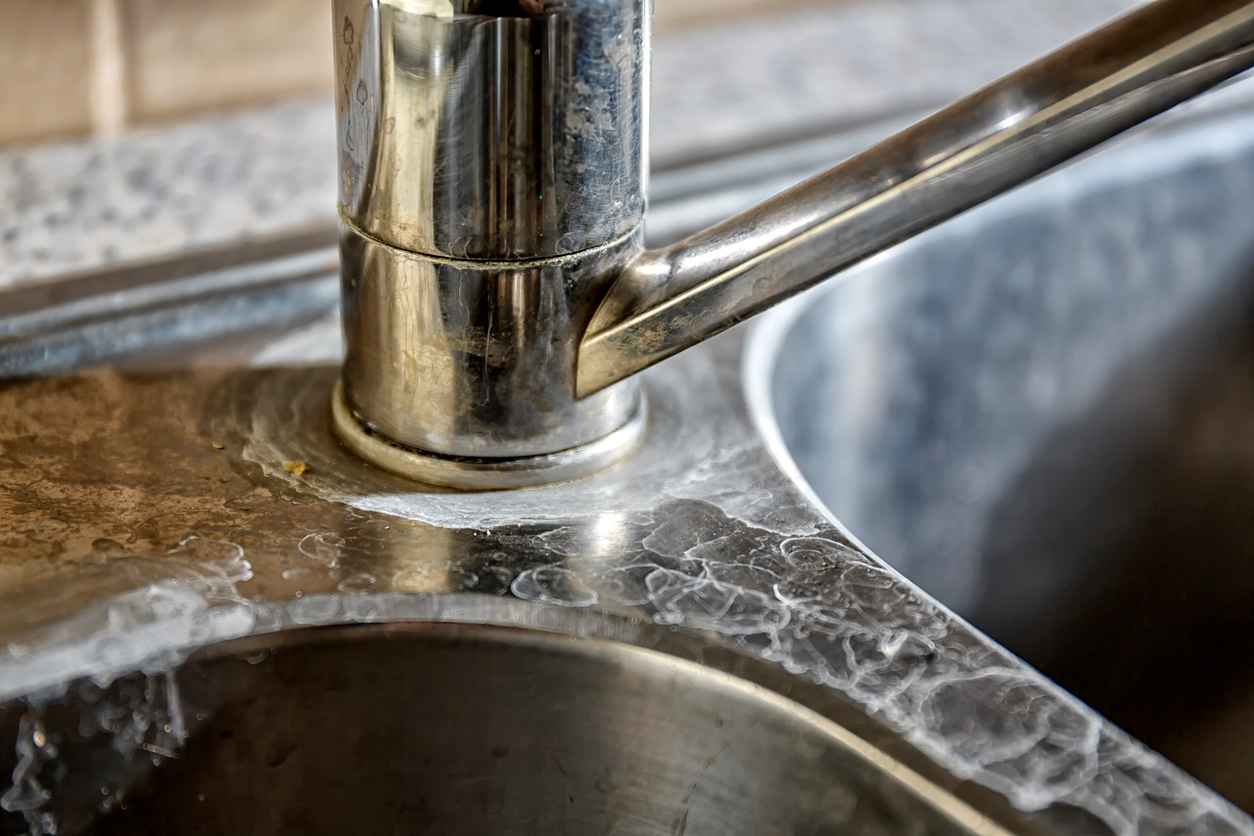
Water Quality & Its Hidden Costs: How Tampa Water Affects Your Plumbing & Appliances
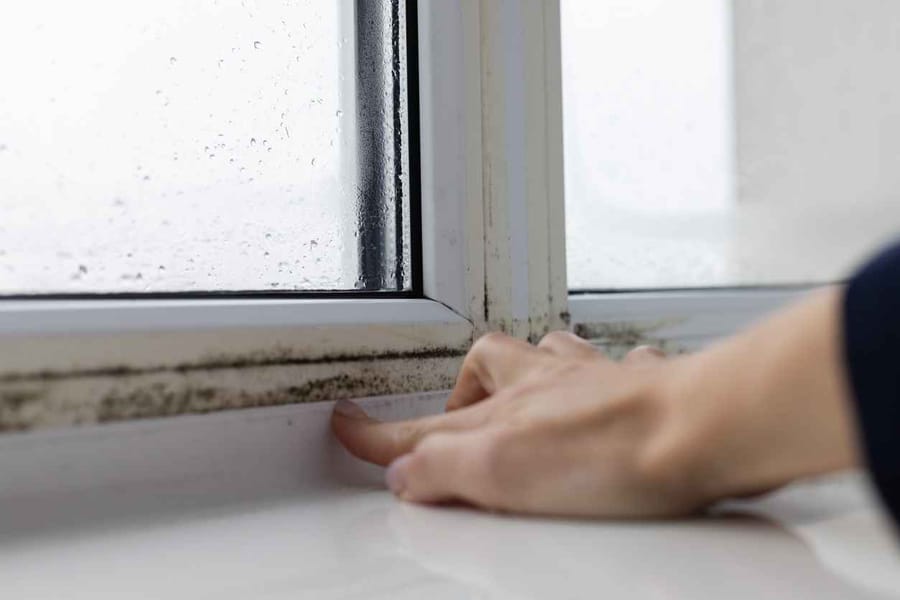
Indoor Humidity Control & Mold Prevention Guide for Florida Homes
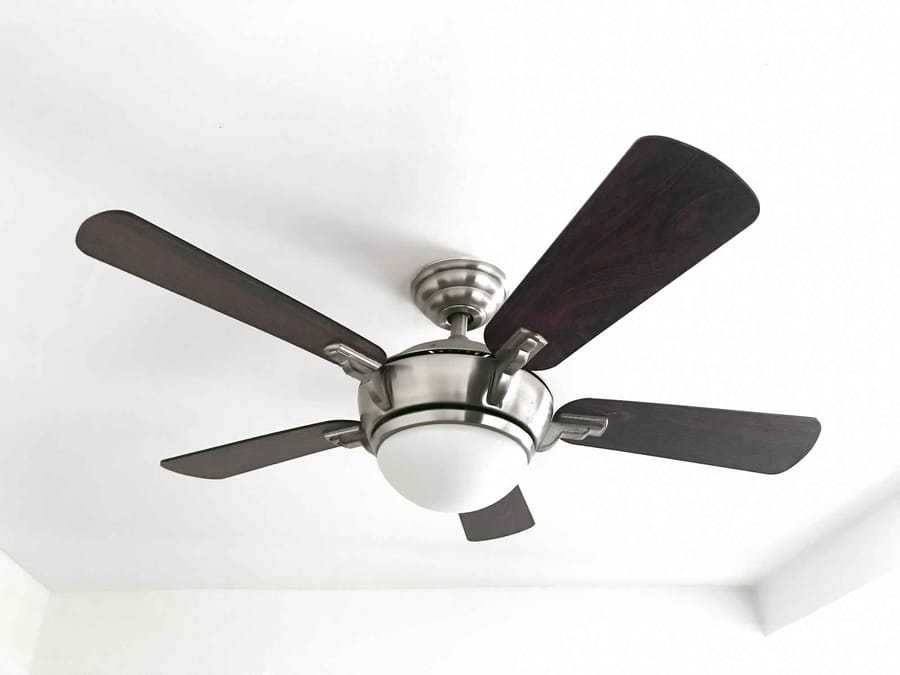
Home Comfort Myths in Florida: What People Get Wrong About HVAC & Plumbing
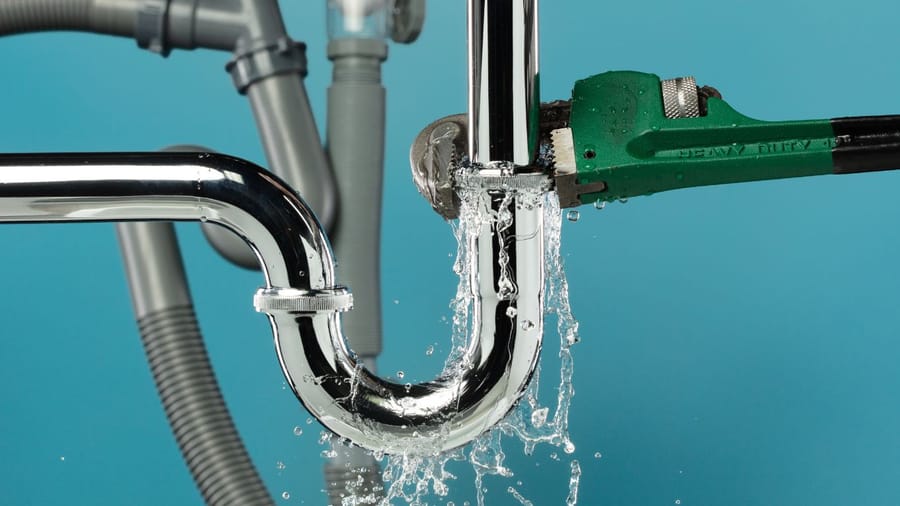
Home Plumbing Emergency: What to Do While Waiting for Service
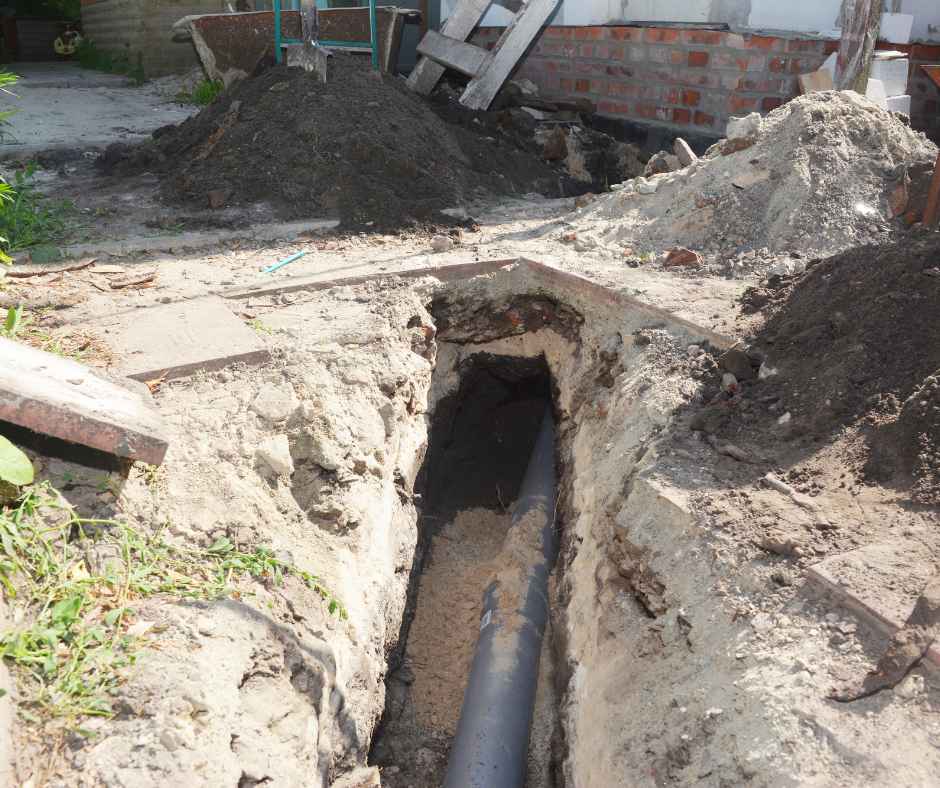
5 Signs Your Sewer Line Needs an Inspection or Repair
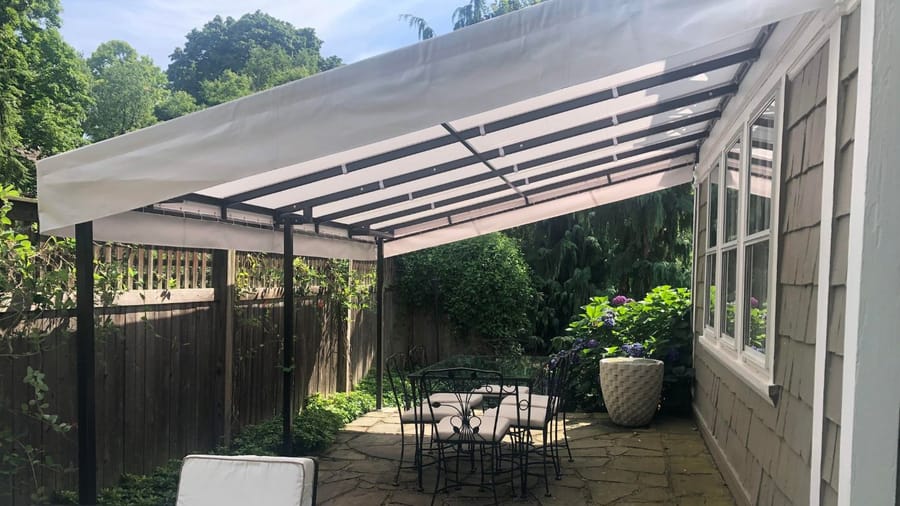
How to Slash Your Energy Bills in Tampa This Summer
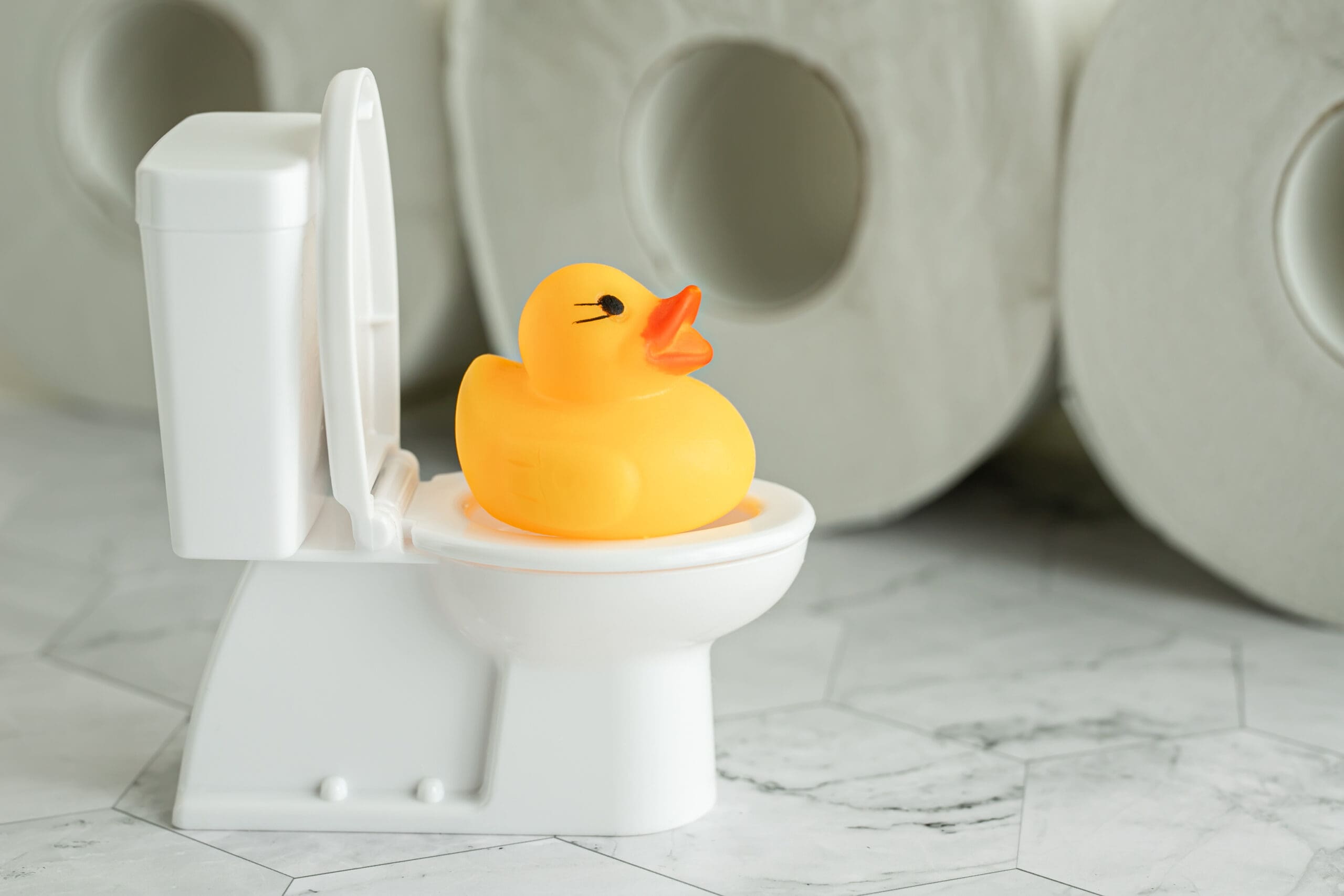
Why Does My Toilet Flush Twice?
